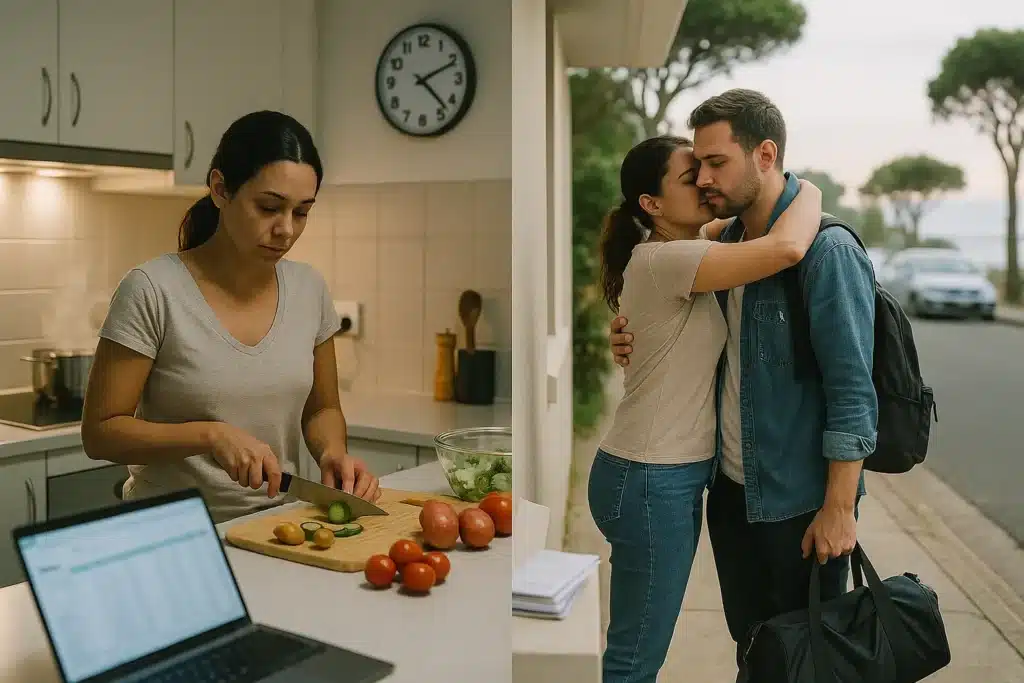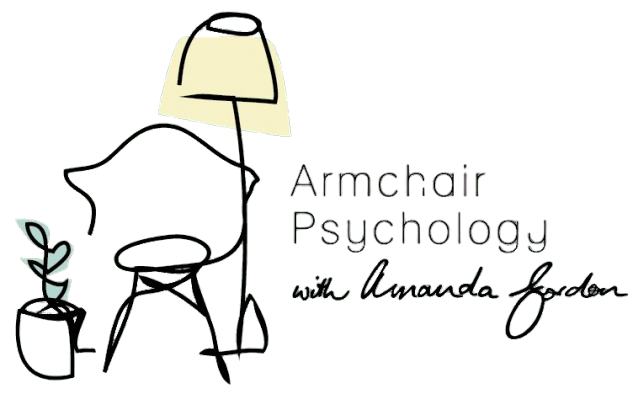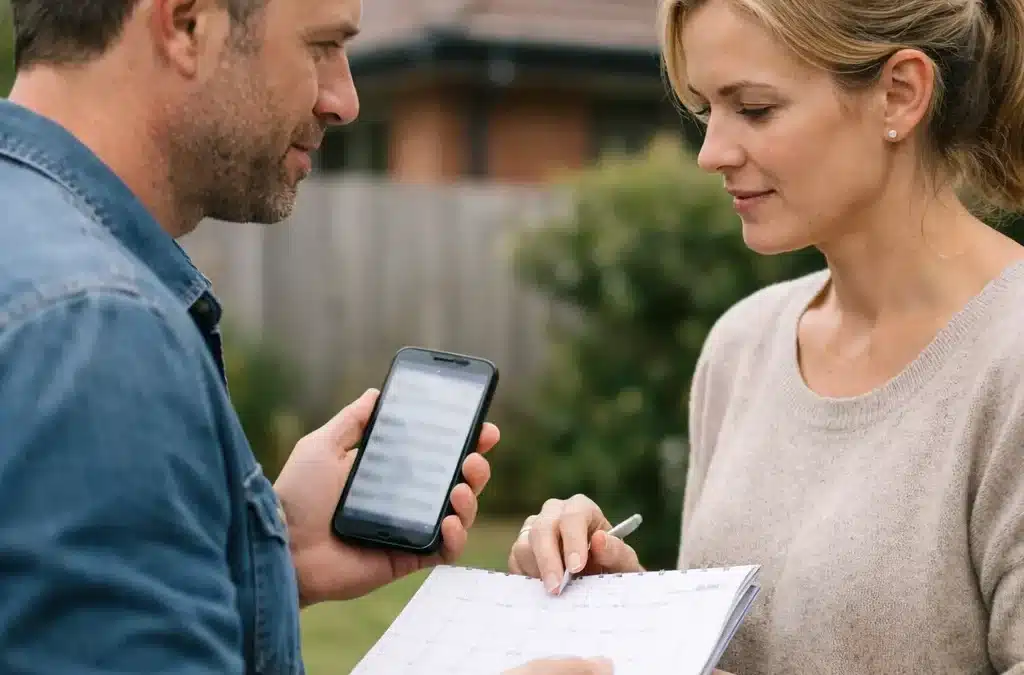Love in the Fast Lane: Why Sydney Couples Are Choosing Therapy Before the Crisis Hits
The New Approach to Relationship Maintenance
In the past year, I’ve noticed a shift in my practice at Armchair Psychology. Couples are arriving with a different energy. Instead of sitting across from each other like adversaries in a courtroom, they’re coming in as teammates looking to strengthen their game.
These aren’t couples on the brink of separation. They’re the ones juggling demanding careers in the CBD, managing investment properties, and trying to maintain some semblance of work-life balance. They’re proactive about their physical health, their finances, and now, their relationships.
“We just want to make sure we’re doing this right,” one Woollahra couple told me recently. They’d been together for three years and were thinking about moving in together. Rather than hoping for the best, they wanted tools for navigating the inevitable challenges ahead.
Why the Eastern Suburbs Pressure Cooker Matters
Living in Sydney’s Eastern Suburbs comes with its own set of relationship stressors. Property prices that make your eyes water, commutes that eat into family time, and social circles where everyone seems to have it perfectly figured out.[8][9]
These pressures don’t disappear when you walk through your front door. If anything, they follow you home and settle into your conversations about weekend plans and grocery bills. The couples I work with often describe feeling like they’re performing their relationship rather than living it.
One client described it perfectly: “We’re both successful people who tackle problems head-on in our careers, so why wouldn’t we do the same for our relationship?”.

The Science Behind Getting Ahead of Problems
Here’s what the research shows us: couples therapy has a 70-90% success rate when both partners are committed to the process. But here’s the kicker, those success rates are even higher when couples start therapy before major problems develop.
Think of it like this. You wouldn’t wait until your car breaks down on the M1 to get it serviced. You maintain it regularly to prevent bigger issues. Relationships work the same way.
When couples come to therapy early, we’re not in crisis management mode. Instead, we can focus on building communication skills, understanding each other’s attachment styles, and creating strategies for handling stress together.
What This Looks Like in Practice
The couples choosing preventative therapy aren’t dealing with infidelity or major betrayals. They’re working on things like:
- Learning to argue constructively instead of shutting down or escalating
- Balancing career ambitions with relationship priorities
- Managing different approaches to money and future planning
- Navigating extended family dynamics and social expectations
- Creating rituals of connection despite busy schedules
These might sound like small issues, but they’re the building blocks of relationship satisfaction

Breaking the “Soldier On” Mentality
Australians have this tendency to “soldier on” until things are really bad. We see this in how we approach mental health, physical health, and yes, relationships. But the couples getting ahead of the curve understand that asking for help is actually a sign of strength, not weakness.
One partner recently told me, “We figured if we’re going to invest in a mortgage together, we should probably invest in learning how to communicate about it first.” Smart thinking
The Investment That Pays Dividends
When couples develop strong communication patterns early, they create a foundation that serves them through all of life’s challenges. Job changes, family illnesses, financial stress, parenting decisions – these life events don’t disappear, but couples with solid skills navigate them more successfully.
The Eastern Suburbs couples I work with often tell me that therapy has become their monthly relationship check-in. It’s their space to recalibrate, address small issues before they become big ones, and celebrate what’s working well.
If you’re reading this and thinking about your own relationship, ask yourself: are you maintaining your connection with the same intentionality you bring to other important areas of your life? If not, maybe it’s time to get proactive.
After all, the best time to strengthen your relationship isn’t when it’s falling apart. It’s when you have the energy and goodwill to build something even better together.






















